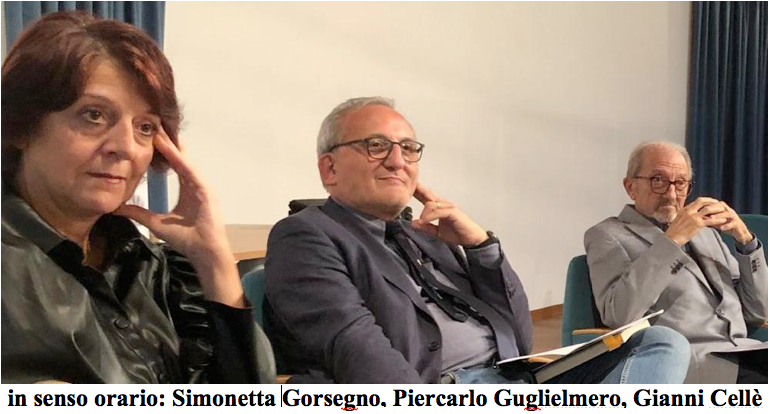The historical novel La capitagna e il glifo by Simonetta Gorsegno and Gianni Cellè can solve the puzzle: the
work presented by the authors at the talk “Thursday at Marengo” joins the adventure of Don Rodrigo, the
Spanish governor installed in Palatium Vetus, and the laundress Elvira in the heart of Alexandria in the
sixteenth century. The meticulous analysis of more than 100-year-old dossiers on our city offers valuable
information to reveal the architecture of Alessandria in the Modern era and to join the remote era to the
most recent age to reconstruct our history.
The Spanish domination that goes from 1527 to 1707 is testified by the small church consecrated to the
Blessed Virgin of Monserrato (1627) and by the inscription in the Hispanic idiom carved on the plaque
installed on the back of the facade of the church of San Giacomo della Vittoria (1392).
In 1589 our city housed 20 thousand soldiers seduced by the tangle of roads built from the prehistory on
the concentric area to the military triangle: The village of Marengo crossed by the Salt Road can be
distinguished by the Lombard influence at the ancient time and the French triumph of Napoleon Bonaparte
in the modern age.
The investigation managed by the historian continues to support suspended theses or to present new
hypotheses. It was 1958 and the myriad of skeletons unearthed from the excavations in Largo Vicenza
evoked the bubonic plague (1629 – 1633) and the hospital “Santi Antonio e Biagio” built there.
Abbot Don Francesco Gasparolo (2 June 1858 – 6 July 1930) placed the tomb of Don Rodrigo at the church
of San Martino in Piazza Carducci on the surface now invaded by the financial offices: history is also the
cyclical narrative aimed at expanding culture to man.
The synthesis of outstanding or mediocre protagonists, transmitted by the historical novel, embraces the
aphorism of Rudyard Kipling: “If history were taught in the form of stories, then it would never be
forgotten”.
